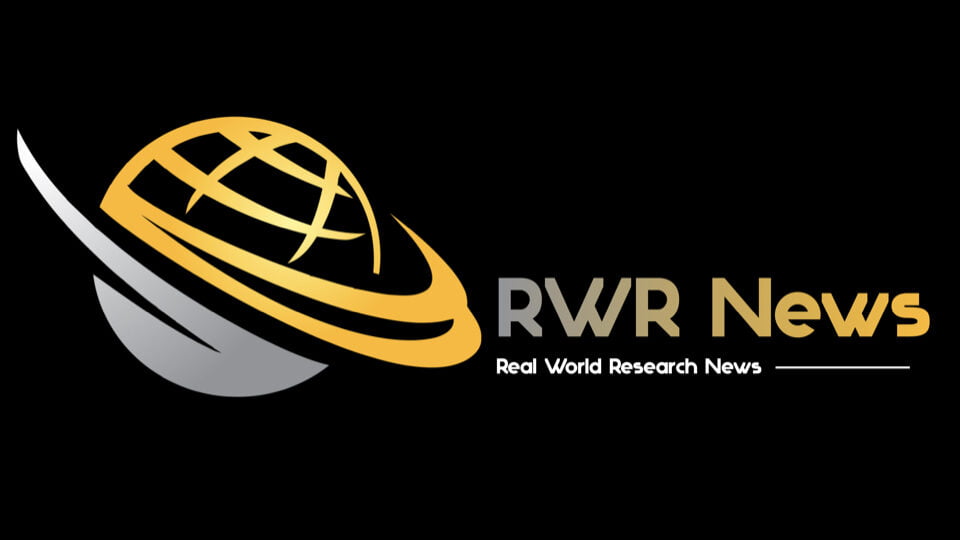
CONTEXT: Oncology news article on use of RWR in oncology. Nothing new in terms of data use, more confirmation of RWD in oncology research. However, an interesting perspective from the treating physicians perspective – how future application of RWD can inform precision medicine and effective “off-label” use for individual patients for optimal outcomes.
IMPACT: RWD data use in oncology
READ TIME: 5 min
CATEGORY: Real World Research (RWR)| RWE – Real World Evidence
*1. “For example, one only needs to briefly consider the large number of
new antineoplastic agents the FDA has approved for use in individual
malignancies (eg, breast, non–small cell lung, colon, renal cell cancers,
etc) compared with a mere 10 years ago to appreciate the growing volume of
knowledge that oncologists must master to optimally care for patients in a
specific clinical setting.” *
*2. “However, what if one could easily search a large population database
potentially involving thousands of patients treated outside of clinical
trial settings since the introduction of this agent to find a group of
individuals with similar baseline characteristics such as age, weight, and
comorbidities such as diabetes and recent myocardial injury?” *
*3. “It is not difficult to see the potential for this strategy; it could
help inform clinical decisions in common settings where the current
standard of care or novel single agents or combinations are employed in
multiple patient populations that are poorly represented in the clinical
trials leading to regulatory approval or in subsequently published studies
that extended the use of the specific regimens in question.” *
*4. “Another possible use of such real-world databases would be updating
information regarding potential adverse events associated with
anti-neoplastic strategies appropriately approved for clinical use based on
demonstrated efficacy, but with a limited number of patients treated when
initial regulatory permission was granted.” *
*5. “Hopefully, they would be in a better position to know whether their
own patient might be an appropriate candidate to receive a specific
therapeutic regimen if these “N-of-1” experiences involving evidence for or
against clinical benefit (eg, tumor shrinkage or declines in cancer
biomarkers, improvement in cancer-related symptoms, or extended time to
subsequent disease progression) in specific clinical settings, such as
those with a molecular abnormality detected in a particular tumor type,
were combined and made widely available.” *
Source URL:
https://www.onclive.com/view/real-world-data-grow-increasingly-relevant-in-oncology-practice
